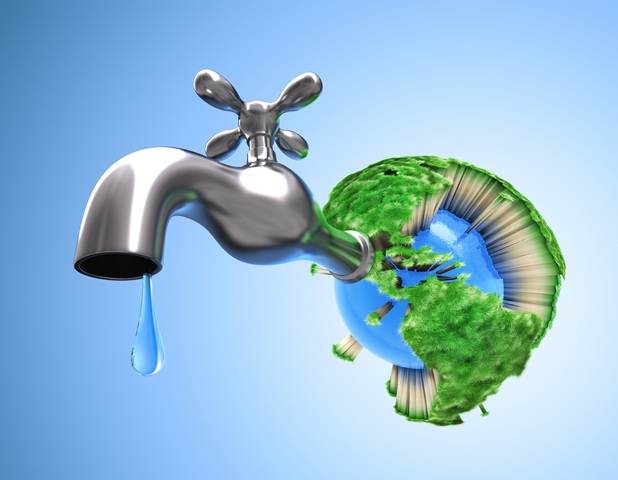
Cooperation on transboundary waters often results in a wide range of benefits reaching well beyond the water sector. For example, better management of shared waters has helped to limit human and economic losses from floods in the Rhine river basin, reduced the costs of generating electricity from hydropower thanks to energy trading in the Mekong River basin, and improved water quality through shared monitoring in the Danube River basin. In addition, intangible benefits, such as the prevention of water conflicts, the building of trust amongst neighbours or the development of an environment favourable to trade and investment can also stem from transboundary water cooperation. Beneficiaries therefore vary from households and farmers to cities, industrial facilities or investment companies and many more.
Despite considerable progress in recent years, particularly in the pan-European region thanks to the UNECE Water Convention, transboundary water cooperation often adopts a narrow vision of water management -- mainly focused on water allocation -- that does not take into consideration the full range of potential benefits.
The workshop, held in Amsterdam on 5-6 June, was the first activity organized in the framework of the UNECE Convention on the Protection and Use of Transboundary Watercourses and International Lakes (Water Convention) to initiate a discussion on the approaches and methods of identifying, quantifying and communicating the economic, environmental, social and political benefits of transboundary water cooperation.
The aim is to elaborate a guidance document that will support Governments and other actors in quantifying the benefits of such cooperation.
Countries indeed need to have a clear and complete vision of the benefits they can obtain from cooperation compared to inaction, both in qualitative and quantitative terms, in order to engage further in transboundary cooperation.
For more information see: http://www.unece.org/env/water/1st_workshop_benefits_cooperation.html
or contact:
Chantal Demilecamps
Associated Environmental Affairs Officer
UNECE
Tel.: +41 (0)22 917 2468
E-mail: [email protected]
Note to editors
The Expert Scoping Workshop was organized in the framework of the UNECE Water Convention, with the support of the Governments of the Netherlands and Switzerland and the Stockholm International Water Institute (SIWI).
The Water Convention promotes cooperation on transboundary surface water and groundwater, and strengthens their reasonable and equitable use and sustainable management. The Water Convention recognizes that water is a cornerstone of societies and promotes a holistic approach to cooperation, looking at environmental, social and economic implications of water use. To support this vision, the full breadth of cooperative benefits needs to be explored, understood and quantified (including the cost of non-action).
Recognizing the need to support countries in identifying and quantifying the benefits of transboundary cooperation, the Parties to the Water Convention have included in their programme of work 2013-2015 an area on “Quantifying the Benefits of Transboundary Cooperation”. The work on benefits is of particular importance in the process of the opening of the Water Convention, following the entry into force on 6 February 2013 of the amendments allowing accession to the Convention to all United Nations Member States.

